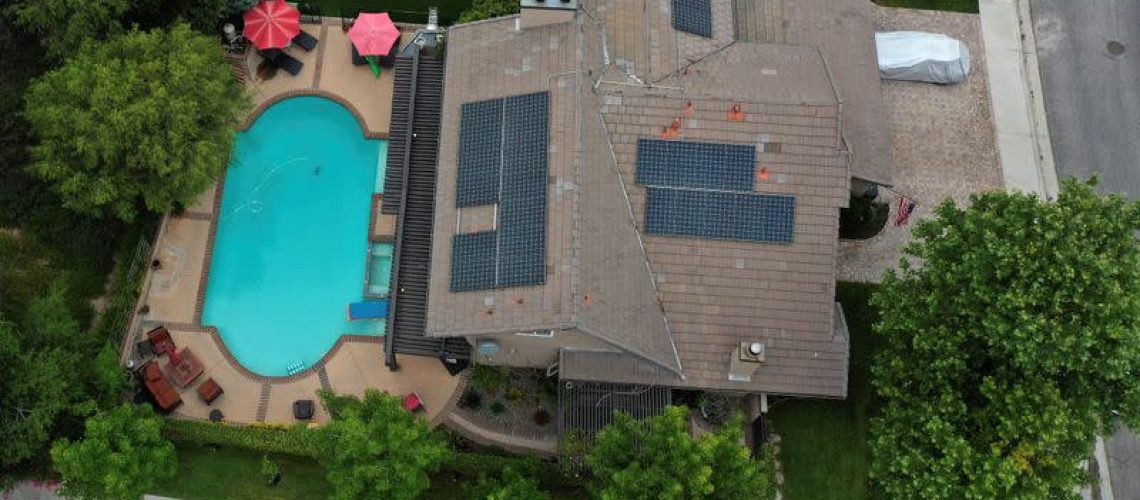(Reuters) – California’s power utilities have asked state officials to reduce the amount of money homeowners make selling excess electricity from rooftop solar panels into the grid, a proposal that could slow widespread solar adoption.
Policies made in California, the nation’s biggest market for rooftop solar panels, often serve as a template for other states that are seeking to replace fossil fuels with renewable energy to fight climate change.
This week utilities, solar industry representatives, ratepayer advocates and others are presenting their ideas on potential reforms to officials at the California Public Utilities Commission, who will make a decision later this year. The new policy would likely take effect in 2022 or 2023.
The competing proposals presented on Tuesday and Wednesday focus on a decades-old policy called net metering, which allows homeowners with solar panels to sell the excess power to their utility at or near the full retail rate.
The incentive has propelled installations, helping residential solar behemoths like Sunrun Inc and Tesla Inc, as well as hundreds of small local firms.
The power industry, however, argues that the policy is overly generous, and shifts billions of dollars in grid maintenance costs to their customers without panels, who tend to be less affluent than solar owners.
The state’s three investor-owned utilities – Pacific Gas & Electric, San Diego Gas & Electric and Southern California Edison – have recommended monthly charges for solar owners that would range between $49 and $79 a month for a 5-kilowatt system while compensating them for excess power at a lower rate.
The solar industry has balked at the utility proposal, saying it would stifle growth and undermine efforts to slow global warming. California has a goal of decarbonizing its power sector by 2045.
“If we really put the brakes on rooftop solar today… we’re going to be in a world of hurt in 10 years when you wake up and realize ‘We actually do need to build (more solar panels),'” Bernadette Del Chiaro, executive director of the California Solar & Storage Association, said in an interview.
Solar trade groups have proposed a gradual reduction in the net metering rate over five years. By 2027, the rates would be between 25% and 50% lower than they are today, depending on the utility, according to a proposal by the Solar Energy Industries Association.
(Reporting by Nichola Groom; Editing by Aurora Ellis)



